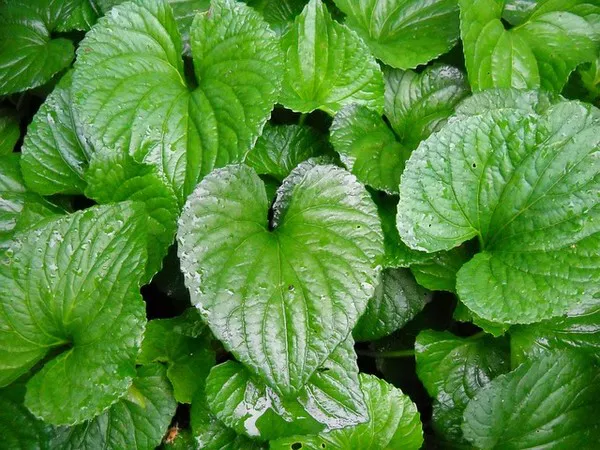Researchers have developed a sticky liquid made from vegetable oil that can be sprayed onto plants to trap small pests like thrips without harming larger insects such as bees. This innovation aims to reduce reliance on chemical pesticides.
Inspired by sticky hairs on some plants, known as glandular trichomes, which trap insects, Thomas Kodger and his team at Wageningen University in the Netherlands created the oil-based spray. Sundews, a well-known example of plants with glandular trichomes, use these sticky tips to capture insects for nutrients. Other plants use them for defense against herbivorous pests.
The main challenge was formulating the oil to work with existing agricultural sprayers, avoiding the need for specialized equipment. The solution involved oxidizing certain vegetable oils and mixing them with water to create tiny droplets, mostly under a millimeter in diameter. These droplets don’t clog sprayers and adhere to plants for weeks.
The spray functions like traditional sticky traps, physically capturing tiny pests without affecting larger, beneficial insects like bees and hoverflies. This makes it more suitable for use in greenhouses, where larger sticky traps are often avoided due to their impact on pollinators.
In tests, the sticky traps caught at least five or six out of every ten adult thrips placed on the plants. Thrips are tiny sap-sucking insects that can severely damage a variety of plants, including chrysanthemums and tomatoes. The spray-on traps are even more effective against thrip larvae, helping to prevent population explosions.
For crops like tomatoes, the spray would be applied before fruit development. The non-toxic nature of the spray makes it a safer alternative to chemical pesticides. The research team plans to seek regulatory approval in Europe within a year.
Future developments include adding plant-produced insect attractants to the spray, which could lure pests or attract predators of pests, tailoring the traps to different types of small plant pests. Adjusting the particle size could also help target specific pests.


